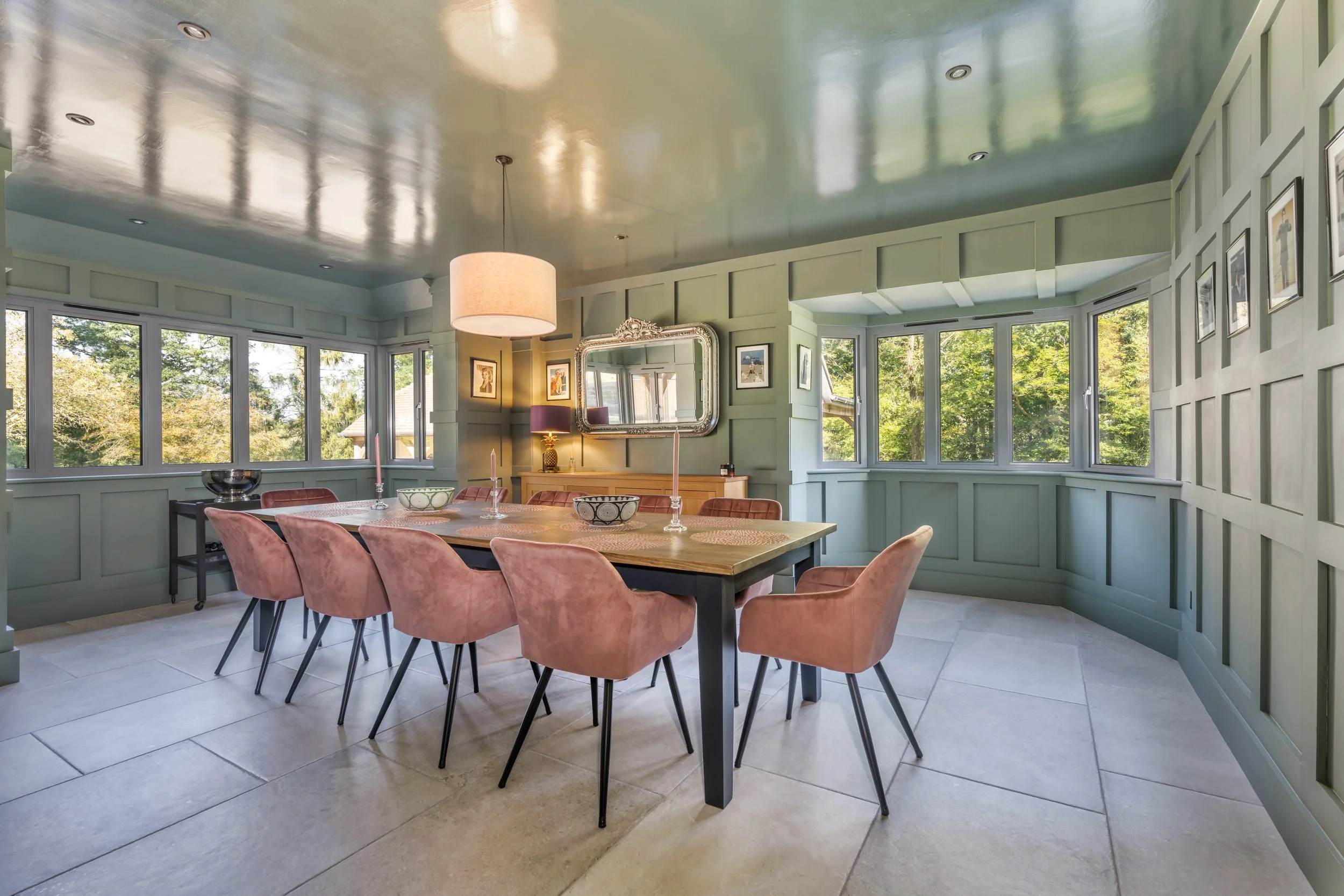How To Get Ready To Move Out Of Home
Stepping away from the familiarity of home into your own space marks a significant life chapter. The prospect of independence brings excitement, but it can also feel overwhelming if you haven’t thought through what’s involved.
This transition requires more than just packing a suitcase and picking a date. The choices you make now will shape how smoothly you settle into your new environment.
Align on goals and expectations
Before you start searching for a place or packing your belongings, take time to reflect on why you want to move out. Are you aiming for more independence, seeking proximity to work or university, or craving a quieter environment?
Clear goals will help you decide what kind of accommodation suits your needs. It’s also important to discuss expectations with those who will be affected, like family members or partners.
Honest conversations about responsibilities and finances reduce misunderstandings later. For example, agreeing on who handles bills or chores upfront prevents friction when you're already adjusting to a new lifestyle.
Budgeting and saving
Calculate your monthly income and track your current expenses to establish what you can afford. Rent, council tax, utilities, food and transport all add up quickly. Don’t forget to factor in one-off costs like deposits, furniture, and initial groceries.
Set up a dedicated savings pot to cover these upfront expenses and unexpected bills. Try to save steadily rather than leaving it all until the last minute.
Avoid assuming you can live solely on your current income. Try to realistically plan for fluctuations, especially if your job or study schedule changes.
Learn the life admin basics
Moving out means taking charge of tasks you may have relied on others to handle before. Register with a local GP and dentist near your new address. Notify banks, insurance providers, and your employer of your change of address to avoid missing important correspondence.
Familiarise yourself with setting up utility accounts – electricity, gas, water – and consider whether you’ll need internet and TV licences.
Keep a checklist of these essentials and tick them off as you go. Handling your life admin proactively reduces stress and ensures you won't be caught off guard by missed deadlines or unexpected costs.
Sort out the practicalities
Once your budget is clear and your goals set, focus on the practical side of moving. Find accommodation that fits your needs but also double-check tenancy agreements before signing.
Some landlords require guarantors or references, so prepare these documents in advance. Think about transport options and access to shops or services you rely on. If you drive, young driver insurance can help you keep costs down while ensuring you're still fully covered.
On moving day, arrange for help to transport your belongings safely and have essentials like toiletries and basic kitchen items ready to go. Planning these details carefully will help your first days in your new home feel less chaotic.




